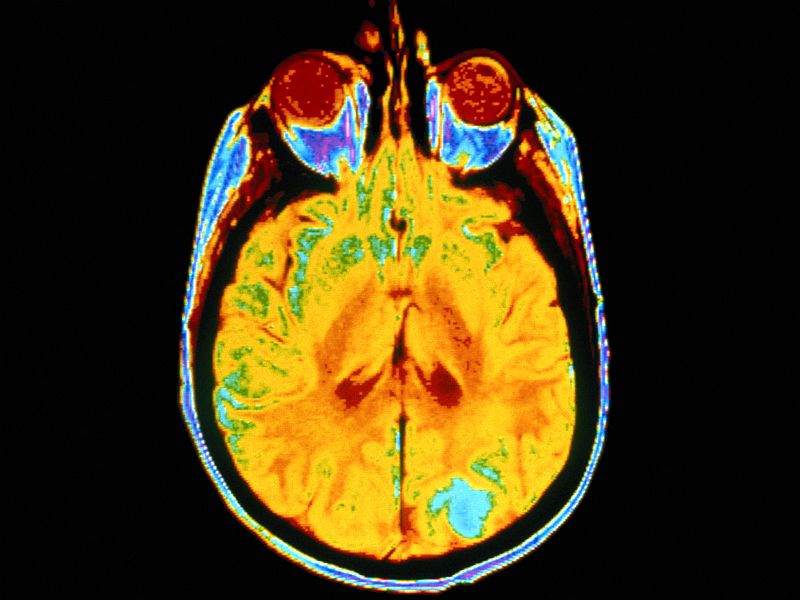
Scientists have long believed that different parts of the brain control different parts of the body. But new research suggests the human mind may instead be organized by specific functions.
“It’s kind of mind-blowing for me to think we could have been getting this wrong for so long,” said one of the researchers, Tamar Makin of University College London in England.
Makin and her colleagues wondered what happens in the brains of people who’ve never had a certain body part. So they investigated brain activity among 17 people born with one hand.
They found that the region normally associated with hand movements compensates by becoming active when other body parts, such as an arm, foot or mouth, are moving.
“Scientifically, I think one way to put our results in context is to say, what if the hand area is not the hand area per se, but just the part of the brain in charge of function ‘normally’ carried by that hand?” said Makin.
“In intact participants, all this is carried by the non-dominant hand. But the fact that we see such a striking different representation in that area in congenital one-handers might suggest that this is not actually the hand area,” Makin said in a journal news release.
The findings were published April 20 in the journal Current Biology.
The study authors speculate that scientists may be misinterpreting how the brain is organized.
They compared the brain activity of 17 people who were born without one hand and 24 people with two hands. Participants were video-recorded as they performed five routine daily activities, such as handling money or wrapping a gift. The researchers also scanned the volunteers’ brains as they moved certain body parts to see which brain areas lighted up with activity.
“We found that the traditional hand area gets used up by a multitude of body parts in congenital one-handers,” Makin said. “Interestingly, these body parts that get to benefit from increased representation in the freed-up brain territory are those used by the one-handers in daily life to substitute for their missing-hand function — say when having to open a bottle of water.”
The study authors acknowledge that more research is needed to confirm whether brain organization is based on body parts or specific functions.
But, they say their findings highlight the brain’s flexibility and adaptability — traits that could be used to help people with missing limbs gain control of prostheses.
“If we, as neuroscientists, could harness this process, we could provide a really powerful tool to better health care and society,” Makin said. “By learning how this occurs spontaneously in one-handers, we can get a handle on what we might be able to achieve.”
More information
The U.S. National Institutes of Mental Health provides more on the human brain.
Source: HealthDay

Leave a Reply